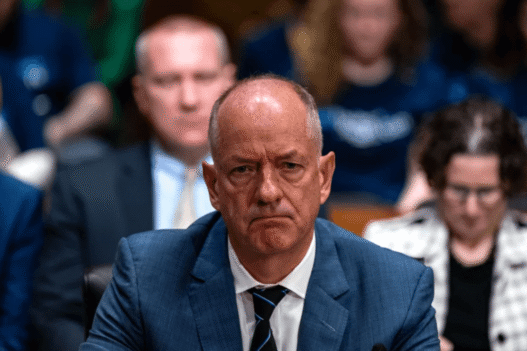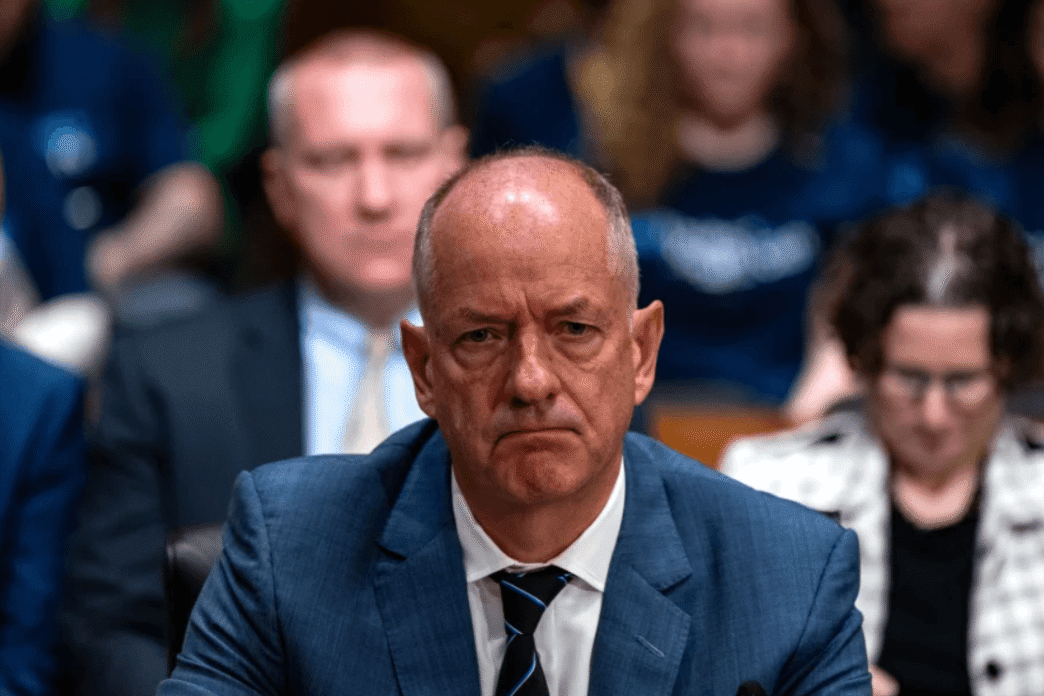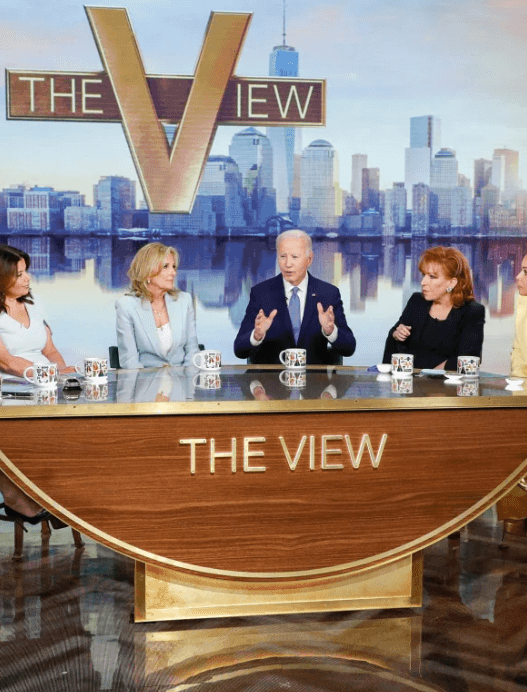UnitedHealth Group abruptly announced Tuesday that CEO Andrew Witty has resigned, citing “personal reasons.” The move comes amid growing turmoil for the company, which is grappling with the ongoing impact of a cyberattack and surging costs in its Medicare Advantage business.
Witty has been immediately replaced by Stephen J. Hemsley, UnitedHealth’s former CEO and current chairman. The company offered no additional details regarding Witty’s sudden departure. UnitedHealth shares dropped more than 16% by late Tuesday morning following the announcement.
UnitedHealth, one of the largest health care corporations globally, owns Change Healthcare, a payments processor hit by a major cyberattack last year. That breach disrupted operations across the U.S. healthcare system, impacting nearly 100 million Americans and raising serious concerns about data security in health care.
Adding to the company’s woes, UnitedHealth also owns UnitedHealthcare, the largest health insurer in the U.S. In December, UnitedHealthcare CEO Brian Thompson was fatally shot in Manhattan. The accused, Luigi Mangione, has pleaded not guilty to federal charges and could face the death penalty. Public anger over health care costs and denied insurance claims has intensified since the incident, with some viewing Mangione as a vigilante figure. A legal fundraiser for his defense has reportedly raised over $1 million.
Throughout early 2024, Witty attempted to rebuild trust. In a December op-ed for The New York Times, he acknowledged public frustration and emphasized the need for a more equitable healthcare system. However, those efforts appear to have been overshadowed by financial setbacks.
On Tuesday, UnitedHealth also withdrew its 2025 financial guidance, citing faster-than-expected growth in patient care activity and rising medical costs in its Medicare Advantage division. Once a major profit center, Medicare Advantage has become a growing liability for insurers, as more seniors are utilizing services than previously projected.
UnitedHealth isn’t the only major insurer to see executive changes amid these pressures. In October, CVS Health removed CEO Karen Lynch as the company faced similar struggles with Medicare Advantage.
Now under renewed leadership, UnitedHealth must confront increasing financial strain, industry scrutiny, and shaken public confidence — all while navigating the growing demands of America’s aging population.





















